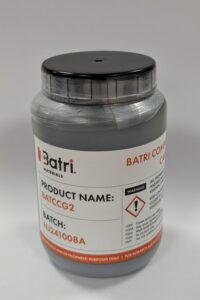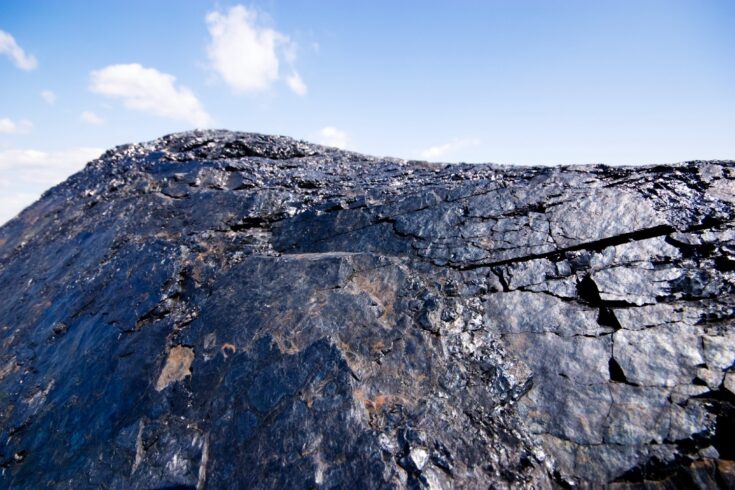Coal sourced from local mines around the UK could be used to produce hard carbon for anodes in battery manufacturing. South Wales battery technology company Batri Limited worked with Swansea University to prove the feasibility of hard carbon from coal in a process that is five times more efficient than existing processes. The emissions from the new process are eight times lower than methods that use biomass as feedstock.
Hard carbon: promising but problematic
Hard carbon is commonly used as an anode material in sodium-ion batteries (SIBs). SIBs are potentially cheaper to make than lithium-ion equivalents. They use abundant materials and have increased safety benefits, while maintaining performance parity with lithium-ion batteries.
Traditionally, hard carbon is made through the pyrolysis of biomass, a process that uses temperatures more than 1000°C in the absence of oxygen to create pure carbon material. Biomass has a very low carbon content compared to coal resulting in production inefficiency, low yield and high volumes of waste products, often in the form of greenhouse gases. Additionally, hard carbon is currently imported from Asia, so a domestic supply or one based in a trusted partner territory is needed to secure the supply of this critical material.
The promise fulfilled
Battery technology company Batri Limited worked with the Materials and Manufacturing Research Institute at Swansea University to assess the feasibility of using coal as a feedstock for hard carbon production. The project showed that coal can be converted to hard carbon with higher yield and purity than current commercial alternatives. The process used by Batri Limited is five times more energy-efficient than pyrolysis of biomass.
Emissions produced by Batri Limited’s process are eight times lower than hard carbon production using biomass as feedstock. The coal the company uses is mined locally in South Wales, keeping emissions produced by transporting feedstock to a minimum.

Tub of Batri Limited product. Credit: Batri Limited
Addressing urgent challenges
UK manufacturing urgently needs to address the climate crisis and become resilient and responsive to the effect of global politics on supply chains. Batri Limited’s hard carbon production process uses locally mined coal instead of feedstocks transported from other continents. The company is even exploring how it could use spoil tips produced by past mining operations, reducing waste and helping mines become more resource efficient.
Bruce Adderley, Innovate UK’s Director of Make and Use Net Zero domain, said:
The UK, like many nations, is seeking to secure future supply chains. Though early stage, Batri Limited has demonstrated the potential to reinvigorate UK communities where mining was once prevalent. The company has cleverly used that heritage to connect these areas to a future technology opportunity, thereby supporting national resilience and capability.
Global scalability
Innovate UK awarded Batri Limited £72,011 for its feasibility study in 2023. The company is seeking further funding to replicate the model of producing hard carbon from locally sourced coal it has developed in South Wales in trusted partner territories around the world.
Stephen Hughes, Chief Technology Officer at Batri Limited, said:
South Africa and Poland have large deposits of anthracite coal, as does North America. We have the potential to replicate our production process where the raw material is and build battery manufacturing facilities in those locations, creating a more sustainable battery ecosystem.
The northeast of England could also be part of scaling Batri’s coal-to-hard-carbon processing. Using existing mines and building new facilities in areas that have declined since mining was scaled back over the past few decades could have a positive impact on their communities.

